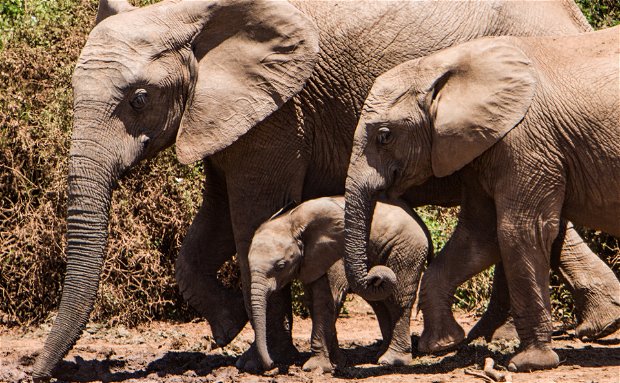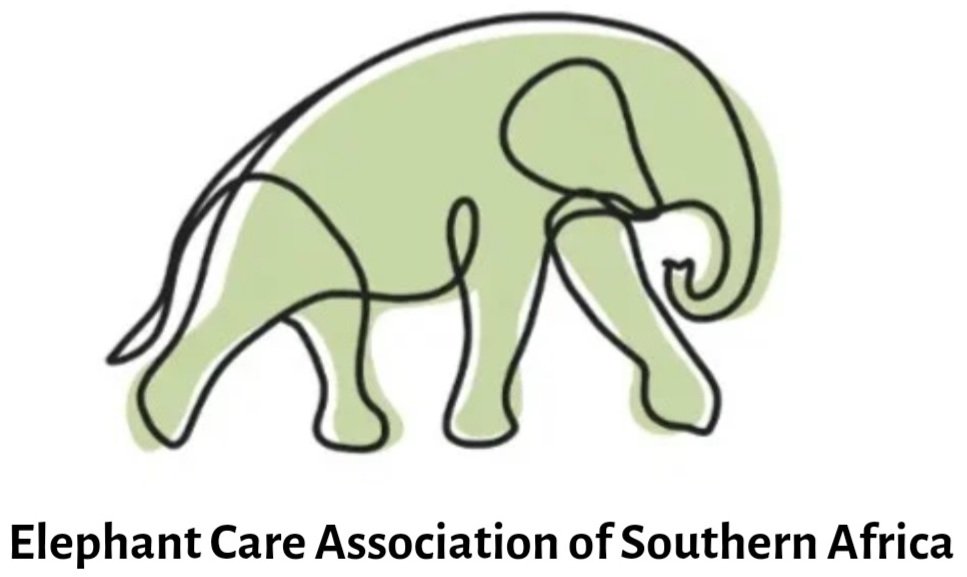Animal-visitor interactions: Ethical Reasoning and Participatory Approach Towards Achieving Regulatory Processes For Animal- Visitor Interactions (AVI) In South Africa

Authors: Barbara de Mori
Gregory Vogt
Simona Normando
Published: ECASA, June 2020
ECASA’s response to the call by the Minister of Environment, Forestry and Fisheries, Barbara Creecy, for submissions to a High-Level Panel constituted to review policies, legislation, breeding, hunting, trading, and management of elephants, lions, leopards, and rhinoceroses in captivity.
Executive summary
The results in terms of research, educational and participative outcomes of this ongoing project on Animal-Visitor Interactions (AVIs) in South Africa are detailed. The research activities concern mainly two areas. One is the designing and application of an Animal Visitor Interaction assessment protocol, which evaluates the overall value of such interactions. The other is the collection of animal welfare relevant data, using different methodological approaches, in order to use them as the basis for a housing and management protocol tailored on semi captive elephants and planned on captive lions participating in Animal Visitor interactions in South Africa. The main participative activities are consensus studies involving stakeholders and independent experts using Delphi and an Ethical Delphi procedures and ethical matrices in dealing with the possible contentious issues involved in lions (Panthera leo) and elephants (Loxodonta africana africana) “experiences” for tourists.
The project is a joint venture between the Ethics Laboratory for Veterinary Medicine, Conservation, and Animal Welfare of Padua University, Italy, and Conservation Guardians, the National Zoological Gardens (NRF) and, more recently, the University of Kwazulu-Natal, in South Africa. The educational activities concern mostly workshops for post-graduate students from Europe offering opportunities for welfare and conservation education in the field, cultural exchange with local communities, and internationally highlighting South Africa commitment in conservation.
(.pdf 870 kb)

Share This Page